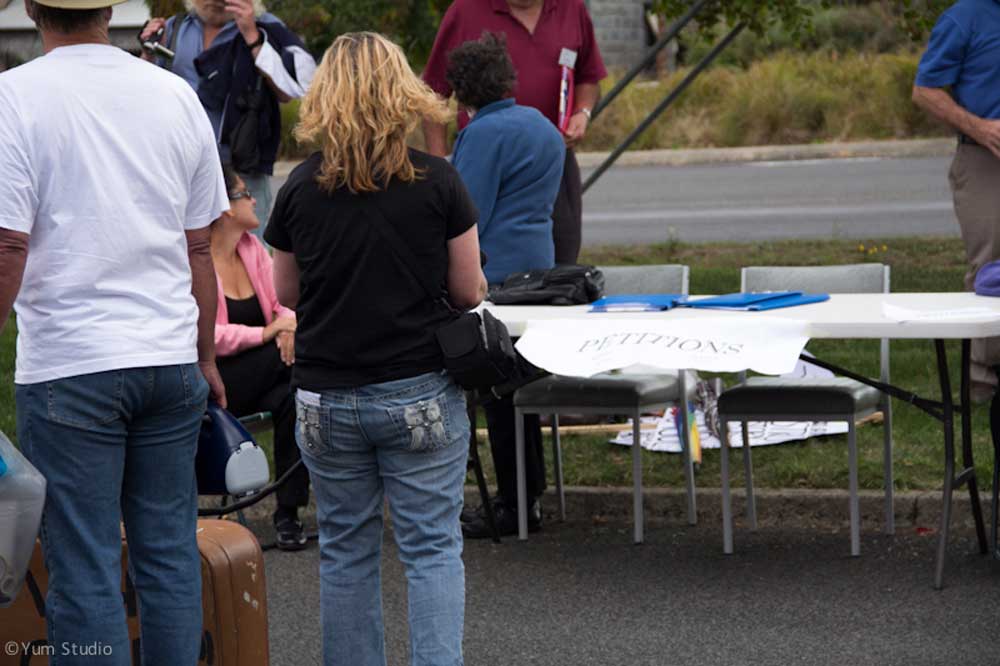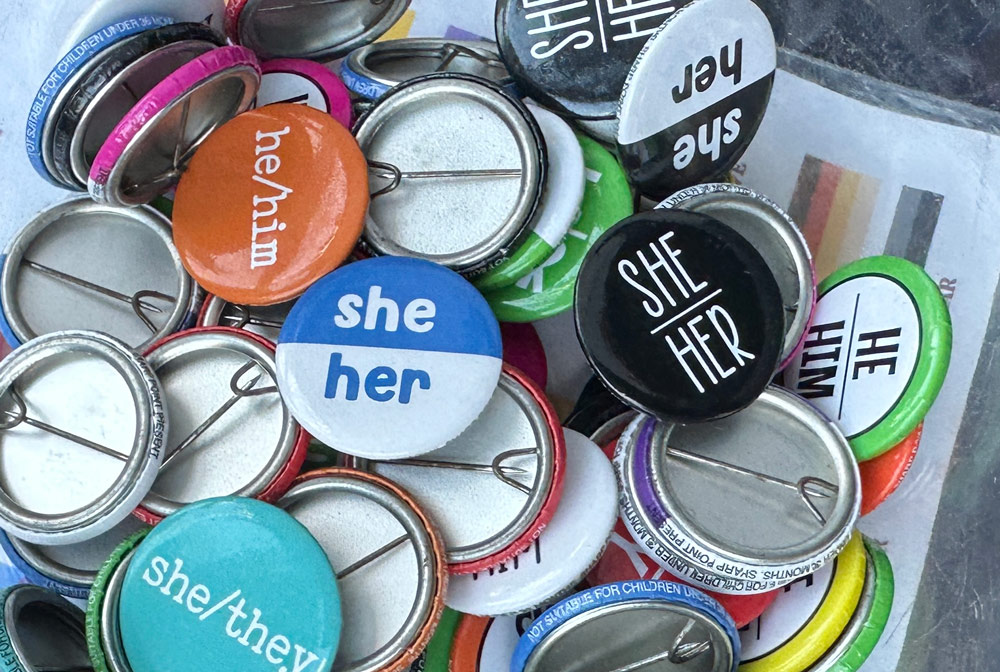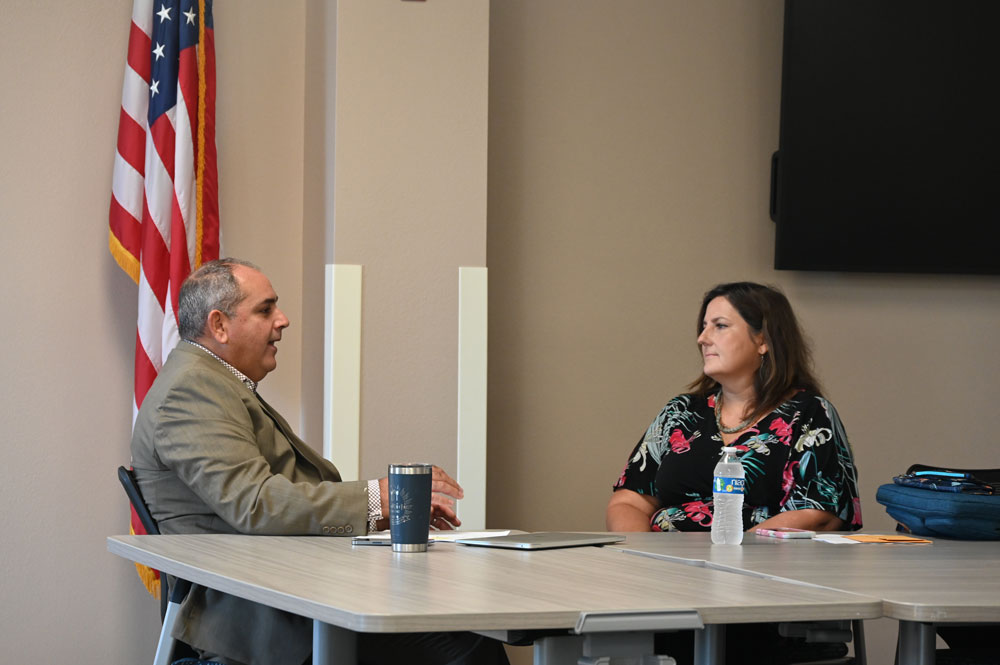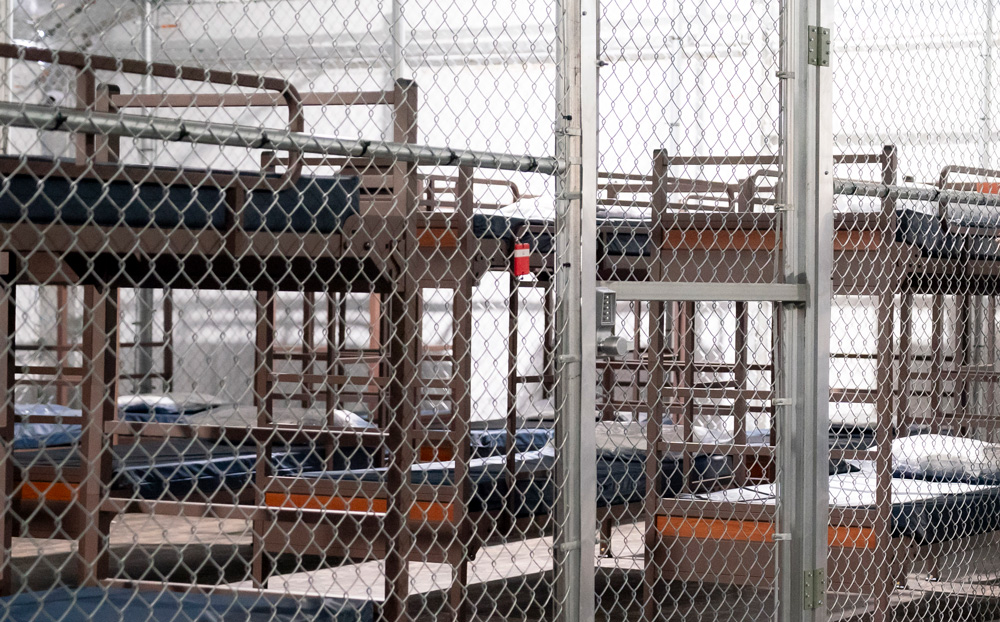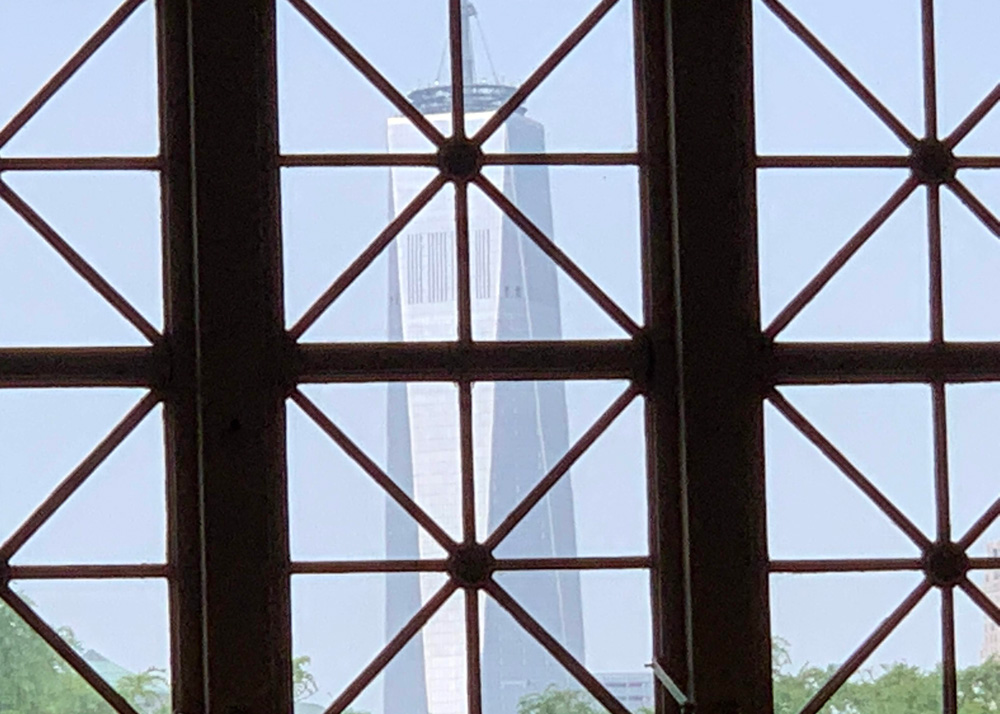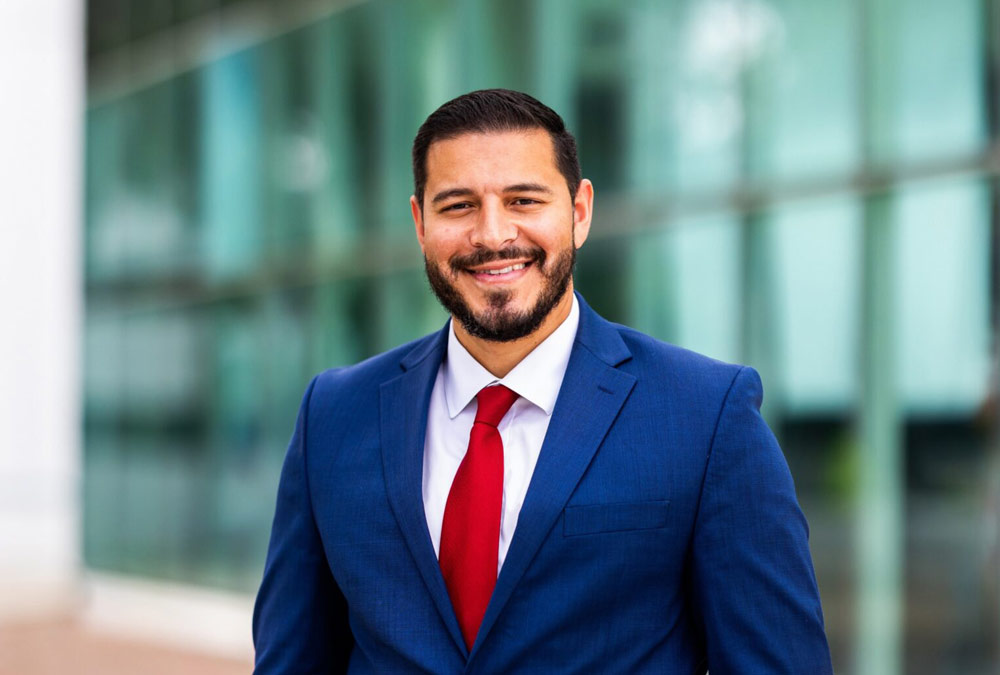Voting rights organizations and supporters of proposed constitutional amendments are filing an appeal after a federal district judge in Florida last month declined to prohibit portions of a new law that further restricted the state’s ballot-initiative process.
In preparation for an appeal to the 11th U.S. Circuit Court of Appeals, the League of United Latin American Citizens, the League of Women Voters of Florida, and two individual plaintiffs filed a notice on Friday. Similar notices were filed on July 25 by individual plaintiffs and the political groups Florida Decides Healthcare and FloridaRighttoCleanWater.org, which are attempting to get measures on the 2026 ballot.
The letters are essentially a response to an appeal that the lawsuit’s defendants, Attorney James Uthmeier and Secretary of State Cord Byrd, filed on July 11. The Atlanta-based appeals court is being asked by Byrd and Uthmeier to reverse a ruling by U.S. District Judge Mark Walker that halted a portion of the statute.
The Republican-controlled Legislature enacted the measure this spring, and Governor Ron DeSantis signed it into law. It addressed a number of issues pertaining to the initiative process.
In his ruling on July 8, Walker granted a preliminary injunction against a portion of the bill that aims to prohibit petition collection and delivery by non-Florida residents and non-U.S. citizens. Byrd and Uthmeier are appealing that ruling.
Walker, however, declined to prohibit key provisions of the law, like as the requirement that volunteers register if they gather more than 25 signatures on a petition.
The opponents of the bill wanted Walker to issue an injunction against things like the registration requirement, but the notices of appeal don’t specify the points they will argue in the appeals court.
The lawsuit was filed in May by Florida Decides Healthcare, a political entity that is supporting a proposed constitutional amendment that would increase Medicaid coverage. FloridaRighttoCleanWater.org, which seeks to include a right to clean water in the state Constitution, and Smart & Safe Florida, a committee working to enact a legal marijuana amendment, joined it.
Additionally, the voting-rights organizations that back ballot initiatives joined the case.
After leading efforts last year to reject proposed constitutional changes on abortion rights and recreational marijuana, DeSantis wanted more limitations on the initiative process. Additionally, the new law was the result of years of work by state Republican leaders and organizations like the Florida Chamber of Commerce to make constitutional amendment more difficult.
The goal of this year’s measure, according to its supporters, is to assist stop fraud. However, some claimed it was intended to stifle ballot initiatives.
Following Walker’s ruling, the appeals court will now have to go through cross-appeals, or appeals on other points.
For instance, the judge decided that it was a violation of speech rights to prohibit non-Florida residents and non-U.S. citizens from gathering petition signatures.
On some matters, however, such as requiring unpaid volunteers to register with the state, he decided against the law’s opponents. Walker stated that he did not believe the First Amendment was infringed by that provision.
Any burden on volunteers with regard to petition circulation is excessive, according to the plaintiffs’ evidence about these extra efforts. Walker wrote, “Not so.” To put it briefly, plaintiffs have not yet shown that the registration requirements impose an unjustifiably high barrier to communication.
Jim Saunders, Florida News Service
